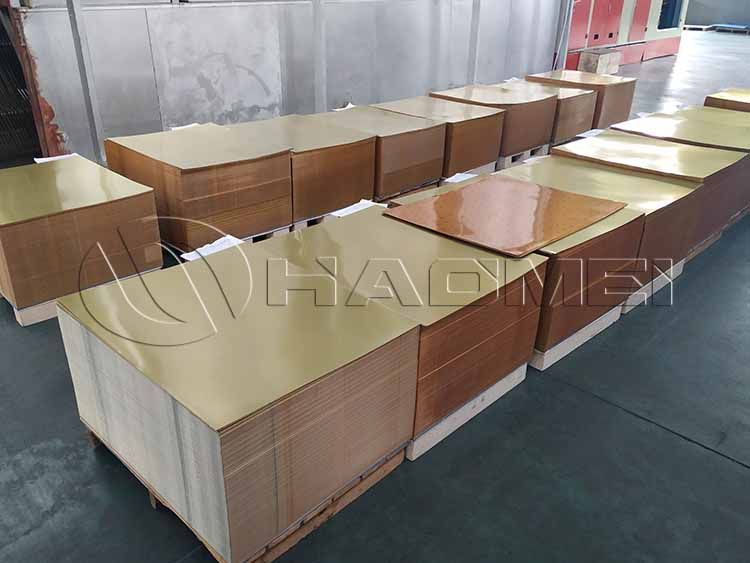





2025-09-03
In the food, beverage, and daily chemical packaging industries, bottle caps, though seemingly small, are crucial components for ensuring product sealing, safety, and aesthetic appeal. Aluminum closure sheet and coil, the core base materials for bottle cap production, are crucial for their performance and market competitiveness. The alloy selection, surface treatment process, and quality standards directly determine their performance and market competitiveness.

The core requirements for bottle cap materials are easy formability, corrosion resistance, and no harmful substance migration. 8011 and 3105 aluminum alloys are widely used and mainstream choices.
8011 aluminum alloy belongs to the Al-Mn-Si alloy family. Its primary alloying elements are silicon (0.5%-1.0%) and iron (0.6%-1.0%). It has three key advantages, making it the preferred choice for general-purpose bottle caps:
Excellent processing performance: With an elongation of 18%-22% and excellent cold formability, 8011 can be quickly formed into standard round bottle caps through stamping and drawing processes. It is also less prone to cracking and springback after forming, making it suitable for high-speed automated production lines (capable of processing 300-500 bottle caps per minute).
Significant cost advantages: Compared to other aluminum alloys, 8011 has lower raw material costs and mature smelting and rolling processes, making it suitable for large-scale mass production. It is commonly used in popular packaging applications such as mineral water, carbonated beverages, and canned foods.
High safety and compliance: It does not contain harmful heavy metals such as lead and mercury, and its chemical composition meets the requirements for food contact materials. Testing shows that its heavy metal migration levels are far below national standard limits, making it suitable for direct contact with liquids such as drinking water and juice.
3105, with manganese as its primary alloying element (content 0.3%-0.6%), offers exceptional strength and weather resistance:
Higher Tensile Strength: Its room-temperature tensile strength reaches 160-190 MPa, approximately 1.2 times that of 8011, making it suitable for bottled products intended for outdoor distribution (such as sports drinks and bottled water).
Corrosion Resistance: Manganese enhances the alloy's resistance to atmospheric corrosion, preventing blistering of the coating and rusting of the substrate even after prolonged exposure to humid environments.
Cost-Effective: Compared to high-end alloys, 3105 aluminum closure coil offers lower production costs, making it suitable for mass-produced, consumer-grade color-coated bottle caps.
Alloy and Substrate Standards
International Standards: Export products must comply with EU EN 573-3 and US ASTM B209, with higher requirements for substrate surface cleanliness (oil content ≤ 5 mg/m²) to avoid affecting coating/ink adhesion.
Color Coating Process Standards
Adhesion: No peeling after cross-cutting;
Impact Resistance: No cracking or flaking after impact at the specified height;
Chemical Resistance: No discoloration or blistering after immersion in a 5% acetic acid solution (simulating food acidic conditions) for 24 hours.
Color Printing Process Standards
Pattern Accuracy: Offset printing pattern overprint error ≤ 0.1mm, clear text, and normal scanning of QR codes;
Abrasion Resistance: No noticeable ink fading after 500 dry rubbing cycles, no ink detachment after 200 wet rubbing cycles (with a dampened cotton cloth);
Food Safety: The migration limits for heavy metals (lead and cadmium) in printing inks comply with major international standards.
Tags: bottle cap material |
Original Source: http://alclosuresheet.com/a/aluminum-closure-sheet-and-coil-for-bottle-packaging.html
Product
Alloy
Application

+86-15978414719


+86-15978414719


sale@alumhm.com
